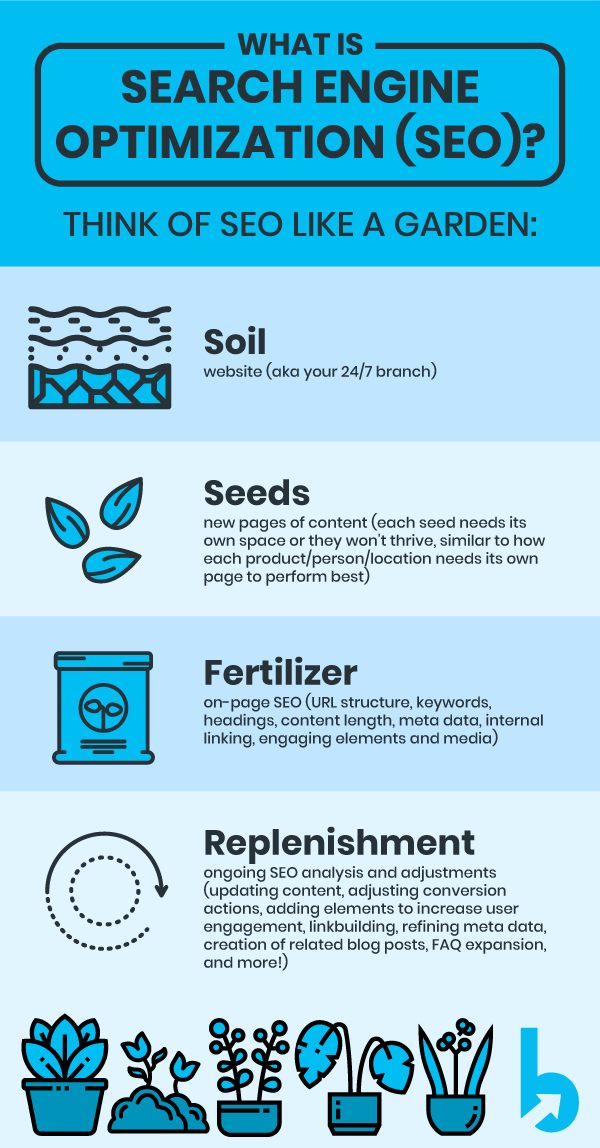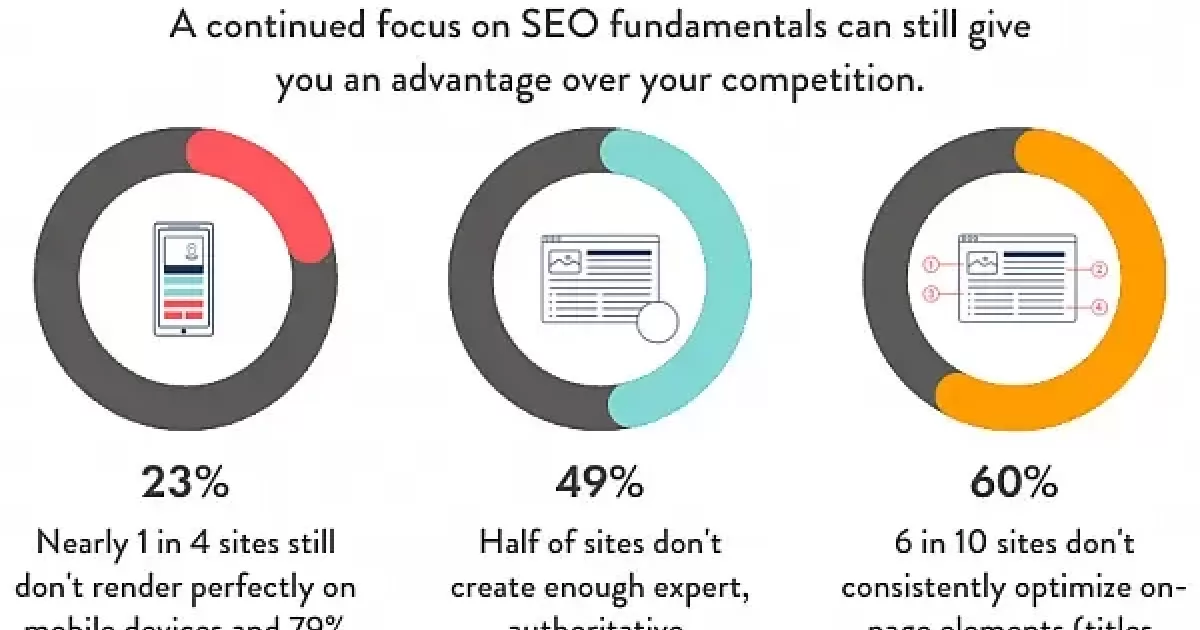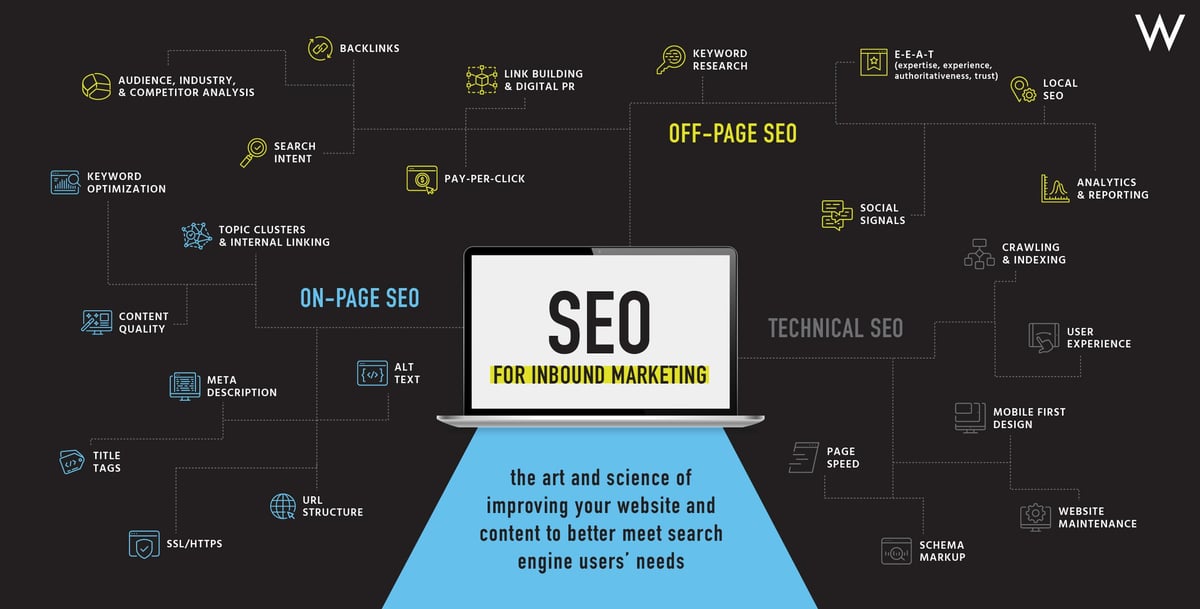Discover the secrets to dominating search results in the finance industry with our expert tips and strategies on SEO.

Image courtesy of via DALL-E 3
Table of Contents
Introduction to SEO for the Finance Industry
In today’s digital age, having a strong online presence is crucial for businesses in the finance industry. This is where SEO, or search engine optimization, comes into play. SEO is like a magic wand that helps finance companies, such as banks, financial advisors, and insurance companies, to appear higher in search engine results when potential clients are looking for financial services. In simple terms, SEO is the key to making sure your website is easily found by people searching for information online.
What is SEO?
SEO stands for search engine optimization, and it’s all about making your website more visible to people using search engines like Google. When you search for something on Google, the websites that show up on the first page are the ones that have optimized their content for search engines. By using specific keywords and following best practices, you can increase your chances of being one of the top results when someone searches for financial services.
Why is SEO important for Finance?
For businesses in the finance industry, like banks and financial advisors, having a strong online presence is essential. By optimizing your website for search engines, you can reach more potential clients and stand out from your competitors. SEO helps you attract organic traffic to your site, meaning people find you through their searches without you having to pay for advertising. This can lead to more clients, increased brand visibility, and ultimately, more business growth.
Understanding Keywords
In the world of SEO, keywords play a vital role. But what exactly are keywords? Well, think of them as the words or phrases people type into search engines like Google to find information. For instance, if someone is looking for tips on saving money, they might type in keywords like “money-saving tips” or “budgeting advice.” These keywords help search engines understand what your content is about and match it with what users are searching for.
Choosing Finance Keywords
When it comes to the finance industry, selecting the right keywords is crucial for optimizing your website’s visibility. But how do you choose the best finance keywords? One way is to put yourself in the shoes of your potential clients. What terms might they use when searching for financial services? Additionally, there are tools like Google’s Keyword Planner that can help you identify popular keywords related to finance. By selecting relevant and high-performing keywords, you can increase the chances of your content being discovered by those seeking financial information.
Creating Quality Content
When it comes to optimizing SEO for the finance industry, creating quality content is essential. Quality content not only helps your website rank higher on search engines but also engages your audience and provides them with valuable information. Let’s explore what quality content is and how to write for your audience.

Image courtesy of www.bankbound.com via Google Images
What is Quality Content?
Quality content is information that is well-written, relevant, and useful to the reader. It aims to answer people’s questions, address their needs, and provide value. Whether you are writing a blog post about personal finance tips or creating a guide on investment strategies, quality content should be informative, engaging, and reliable.
Writing for Your Audience
When creating content for your finance website, it’s crucial to understand your audience’s needs and interests. Consider who your target readers are—whether they are young adults looking to save money, retirees planning their finances, or small business owners seeking financial advice. Tailor your content to address their specific concerns and questions.
Use clear and concise language, avoid jargon or complex terms, and organize your content in a way that is easy to read and navigate. Keep your paragraphs short, use subheadings to break up the text, and include visuals like images or infographics to enhance the overall reading experience.
By writing with your audience in mind, you can create content that resonates with them, builds trust, and encourages them to return to your website for more information. Remember, quality content not only boosts your SEO efforts but also establishes your authority in the finance industry.
On-Page SEO Techniques
Keywords are like secret codes that help search engines understand what your webpage is about. When you use the right keywords in your titles, headings, and throughout the text, it tells Google that your page is relevant to what people are searching for. For example, if you’re writing about “best saving accounts,” make sure to include that phrase in your content naturally.
Optimizing Meta Tags
Meta tags are the hidden gems of your webpage that tell search engines what your page is all about. The meta title and description are like a sneak peek into your content, enticing people to click on your link. Make sure to include your finance keywords in these tags to improve your chances of showing up in search results. For instance, if you’re a financial advisor, your meta title could be “Expert Financial Advice | Your Name.”
Off-Page SEO Strategies
Backlinks are links from other websites that point to your finance content. They act as a vote of confidence, telling search engines that your content is valuable and trustworthy. To build backlinks, you can reach out to other websites in the finance industry and ask them to link to your articles. You can also create high-quality content that naturally attracts links from reputable sites.

Image courtesy of www.workshopdigital.com via Google Images
Social Media Presence
Social media plays a crucial role in off-page SEO for finance companies. By sharing your content on platforms like LinkedIn, Twitter, and Facebook, you can increase your online visibility and attract more visitors to your website. Engaging with your audience on social media can also lead to more shares and backlinks, further boosting your SEO efforts.
Technical SEO for Finance Websites
When it comes to optimizing websites for search engines, there are certain technical aspects that play a crucial role in improving visibility and ranking. Let’s delve into the behind-the-scenes elements of SEO that are essential for finance websites to perform well online.
Website Speed
One of the key technical factors that can significantly impact your website’s SEO is its loading speed. Search engines like Google favor websites that load quickly because users prefer fast-loading pages. A slow website can lead to higher bounce rates and lower search engine rankings.
To improve your website speed, you can consider optimizing images, using a content delivery network (CDN), minimizing server response time, and enabling browser caching. These optimizations can help your finance website load faster, providing a better user experience and boosting your SEO performance.
Mobile-Friendly Sites
In today’s mobile-driven world, having a website that is mobile-friendly is not just a good practice but a necessity for SEO success. Since a significant portion of internet users access websites on their mobile devices, search engines prioritize mobile-friendly websites in their rankings.
Ensure that your finance website is responsive and adapts to different screen sizes and devices. This will not only improve your SEO but also enhance the user experience for visitors accessing your site on smartphones and tablets.
Measuring SEO Success
Tracking and measuring the success of your SEO efforts is crucial to understanding how well your finance website is performing and where improvements can be made. By using analytics tools and monitoring key metrics, you can gain valuable insights into the effectiveness of your SEO strategies.
Image courtesy of www.freepik.com via Google Images
Using Analytics Tools
Analytics tools like Google Analytics are powerful resources that provide detailed information about your website traffic and user behavior. These tools help you track the number of visitors, where they come from, how long they stay on your site, and which pages they visit most frequently. By analyzing this data, you can identify trends, patterns, and areas for improvement.
Important SEO Metrics
There are several key metrics to pay attention to when measuring SEO success for your finance website. Organic traffic, which includes visitors who find your site through search engines, is a crucial metric to track. A growing organic traffic indicates that your SEO efforts are driving more visitors to your website.
Another important metric is the bounce rate, which measures the percentage of visitors who leave your site after viewing only one page. A high bounce rate may indicate that your content is not engaging enough or that your website is difficult to navigate.
Conversion rates are also essential metrics to monitor, as they indicate the percentage of visitors who take a desired action on your site, such as signing up for a newsletter or making a purchase. By tracking these metrics, you can assess the overall success of your SEO strategies and make data-driven decisions to optimize your website for better performance.
Staying Updated with SEO Changes
Staying up-to-date with the latest SEO trends and algorithm updates is crucial for the success of your finance website. Search engines like Google frequently make changes to their algorithms, affecting how websites are ranked in search results. By following SEO news sources such as industry blogs, newsletters, and Google’s official announcements, you can stay informed about the latest updates and best practices.
Continuous Learning
Continuous learning is essential in the ever-evolving field of SEO. Consider participating in webinars, online courses, and forums dedicated to SEO in the finance industry. These resources can provide valuable insights, tips, and strategies to help you adapt to algorithm changes and improve your website’s search visibility. Remember, the more you know, the better equipped you’ll be to optimize your finance website for success.
Conclusion
After exploring the world of SEO in the finance industry, it’s clear that search engine optimization plays a crucial role in helping financial institutions, advisors, and insurance companies connect with their target audience online. By understanding and implementing SEO strategies, these businesses can improve their visibility on search engines, attract more clients, and ultimately grow their online presence.

Image courtesy of www.weidert.com via Google Images
Recap of Main Points
In this article, we began by introducing the concept of SEO and its benefits for the finance industry. We discussed the significance of using keywords effectively to enhance visibility and reach the right audience. We highlighted the importance of creating high-quality and valuable content that addresses the needs of readers.
Furthermore, we delved into on-page SEO techniques, emphasizing the proper use of keywords in content and optimizing meta tags for improved search engine rankings. We also explored off-page SEO strategies, such as building backlinks and leveraging social media presence to boost online visibility.
Additionally, we touched on the technical aspects of SEO for finance websites, stressing the importance of website speed and mobile-friendliness for a seamless user experience. We also discussed the significance of measuring SEO success through analytics tools and monitoring key metrics to track performance.
Lastly, we highlighted the importance of staying updated with SEO changes and trends to remain competitive in the ever-evolving digital landscape. By staying informed and continuously learning about new SEO practices, finance professionals can adapt to industry shifts and maximize their online presence.
In conclusion, SEO is not just a tool for improving search engine rankings; it is a fundamental aspect of digital marketing in the finance industry. By implementing effective SEO strategies and staying informed about the latest trends, finance businesses can set themselves up for success in the competitive online space.
Want to turn these SEO insights into real results? Seorocket is an all-in-one AI SEO solution that uses the power of AI to analyze your competition and craft high-ranking content.
Seorocket offers a suite of powerful tools, including a Keyword Researcher to find the most profitable keywords, an AI Writer to generate unique and Google-friendly content, and an Automatic Publisher to schedule and publish your content directly to your website. Plus, you’ll get real-time performance tracking so you can see exactly what’s working and make adjustments as needed.
Stop just reading about SEO – take action with Seorocket and skyrocket your search rankings today. Sign up for a free trial and see the difference Seorocket can make for your website!
Frequently Asked Questions (FAQs)
FAQs about SEO Basics
SEO, or Search Engine Optimization, is like a secret code that helps websites show up on Google and other search engines. Imagine you’re looking for your favorite toy in a big room full of toys. SEO helps make sure your toy is easy to find among all the others. It’s like a map that guides people to your website when they search for something online.
FAQs about Finance SEO
When it comes to finance SEO, the key is to use words or phrases that people often search for when looking for financial information. For example, if someone wants to learn about saving money, they might type in “best ways to save money” in a search engine. By including these popular keywords in your content, you can help your website rank higher in search results and attract more visitors interested in financial topics.







